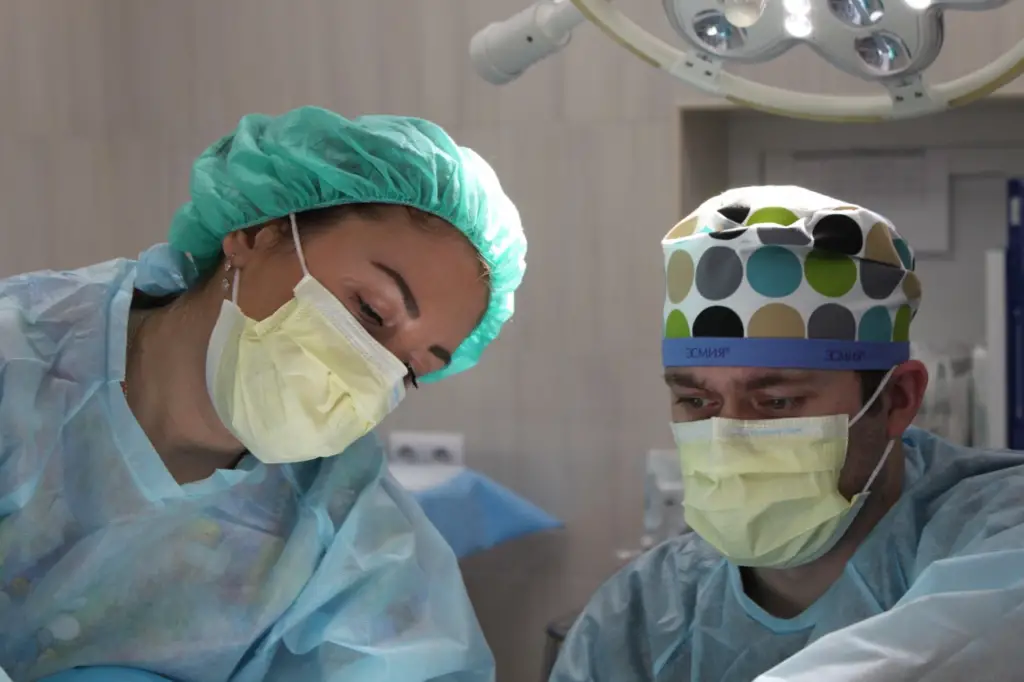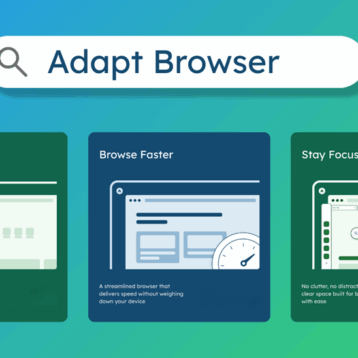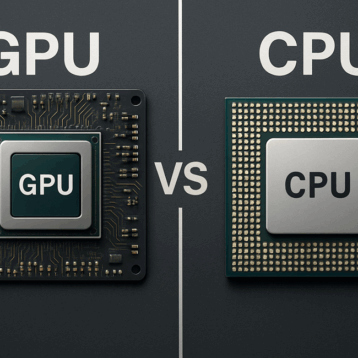
The Healthcare industry is ever-improving, evidenced by the planet’s rising population. For most of history, experts agree that the global population number has been below 0.2 billion, yet the current population is approximately 7.7 billion. Even as recently as year 0, there were only around 190 million people on the planet, rising from just 4 million people 10,000 years previously. It is only really in the last 300 years has there been this remarkable population ‘boom’, but why has this happened?
Most people assume that more people are being born, but this is actually not the case – in fact the birth rate is steadily declining. Indeed, the most important factor in the world population growth is actually the advancements in technology and the effect it is having on healthcare. With more knowledge available to us, the things we do and the systems we put in place are resulting in less disease and less illness, and therefore fewer deaths. Further developments will come, thanks to innovation, and the rise of artificial intelligence (AI) in particular is predicted to have a massive effect on healthcare, as it has on many other industries. For example, AI is predicted to take over the call centre industry with chatbots, and it is already having an impact on industries with labour shortages, such as manufacturing.
So, just how can AI improve healthcare?
AI will help speed up processes, enabling better detection and diagnosis. For example, Mammograms are now 30 times faster and much more accurate compared to traditional methods. Also, more resources will be available to us, with the research process streamlining the operation of drug development, reducing costs and time, providing opportunities for more research. An example of this increase in resources can be demonstrated by the investment made by tech entrepreneur Tej Kohli. The philanthropist has set up the Tej Kohli Cornea Institute, which provides a number of valuable functions such as innovation, research and clinical services, all working towards the goal of eradicating avoidable blindness.
As well as better resources and quicker development time, AI can assist surgeons carrying out patient operations, through analysis of pre-op medical records, as well as steadying instruments during the actual procedure. An example of this can be shown by Oxford’s John Radcliffe Hospital, where a robot was used to conduct eye surgery4. Also, AI can aid treatment through robotics carrying out surgical procedures, helping out with repetitive tasks in hospitals and labs and better helping to manage patient’s long-term treatment programmes. Furthermore, as people are living longer on average, due to the advances in healthcare, end of life care is also something which needs to be improved, helping aging people to remain independent. Technology can be designed to help people do this, an example being electric wheelchairs, enabling people to get around more easily. Image analysis is being radically improved by an MIT-led research team5 that can analyse 3D scans up to 1,000 times faster than currently, which could potentially lead to patients sending doctors images of their injuries to determine the necessary course of action.
The population boom has increased mainly due to human’s development of
technology and resources. With AI already filtering through to healthcare, surely the increased implementation of this will contribute to further population
growth, as people live not only longer, but live better.










